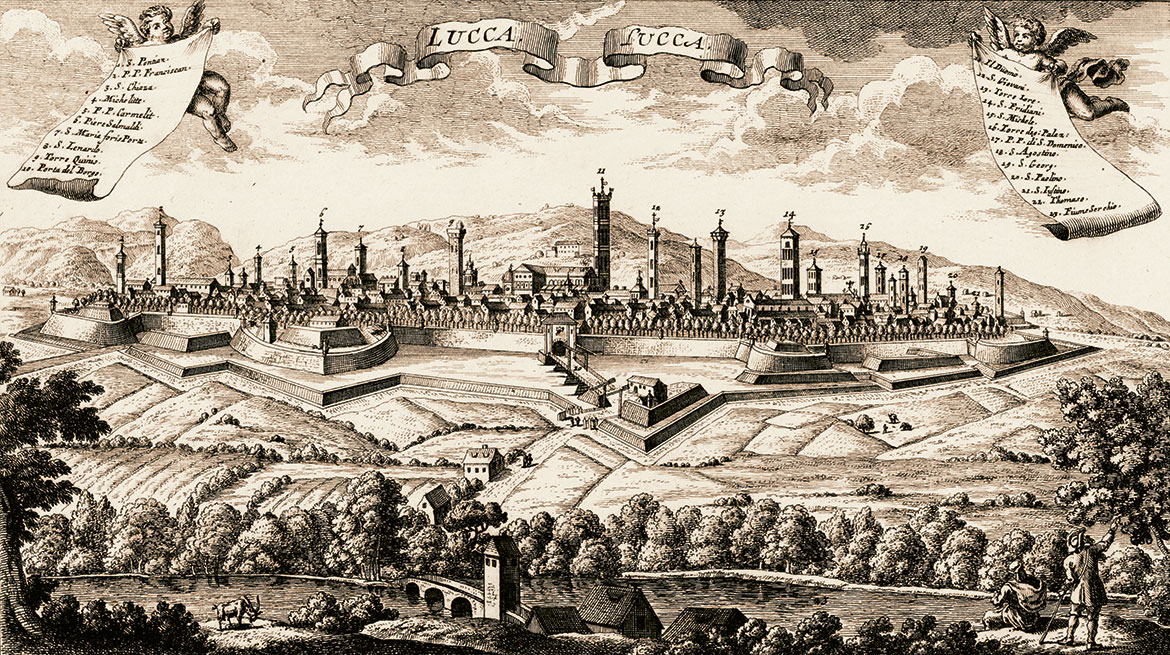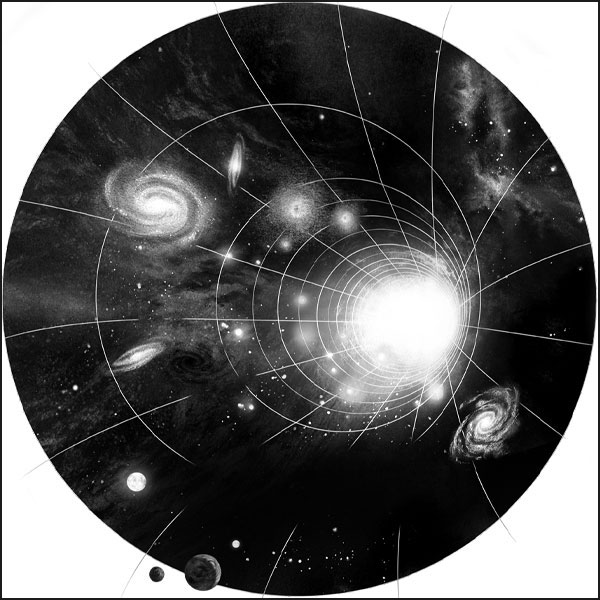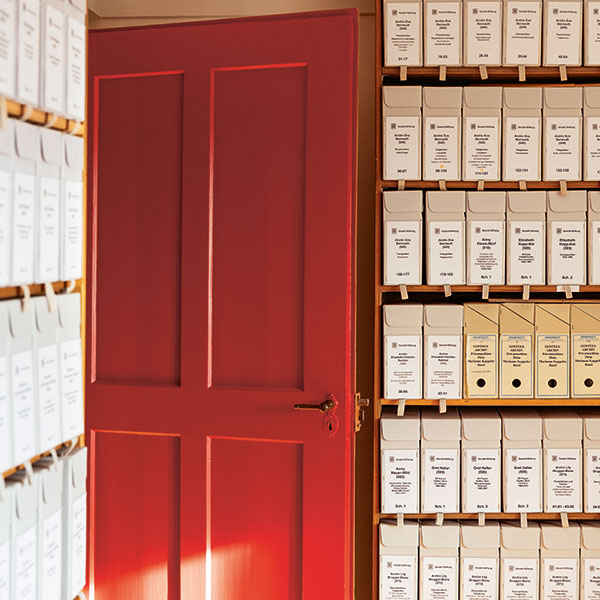Secular doesn’t mean godless
They are the new normal, and are uneasy about the Church: the theologian Stefan Huber is investigating the demography and values of secular people.

Our cultural/religious system is unstable, says Stefan Huber, and this serves to stimulate competition between religious groups. | Image: Valérie Chételat
Stefan Huber, first I want to ask a fundamental question. What use does religion still have today?
Its psychological and societal functions are really all replaceable. Nevertheless, religion exists. In my opinion, the reason for this lies simply in the fact that we have the ability to believe in God. Trying out the possibility is something that attracts people. What’s more, religions offer powerful answers to questions of meaning. But as is clear among secular people, these questions aren’t dependent on religion. My gut feeling is that secular people are today the new normal in our society.
What do you mean by this?
A cultural scientist once told me of an interview in the former German Democratic Republic (East Germany), which was one of the most secular societies in the world. The dialogue went like this: “Are you religious?”– “Nah”. “Are you an atheist?” – “Nah”. “So what are you?” – “Normal”. This to me seems typical for a secular approach to life, which is becoming more and more mainstream. This means that a growing group of secular people is determining our norms. People who are either radically opposed to religion or profoundly religious are today deviations from the norm.
You are studying this mainstreaming in your theological research – but by defining secular people through religion, aren’t you thereby turning them into a ‘religious’ grouping themselves?
This is a tendency that our study is trying to overcome. For 10 to 20 years, non-religious people or ‘nons’ have been an object of empirical research. This enabled us to refute clearly, for example, the idea that morals depend on religion. Non-religious people also do good works. But these investigations mostly defined them negatively, as ‘nons’. In our project Secular individuals in Switzerland, we want to overcome this perspective and ask positively: “What’s important to them? What values and goals do they have? How do they deal with questions about the meaning of life? How do they see themselves?”
So how do you define secular in your study?
We’re dealing with people who say of themselves that they are neither religious nor atheist. The boundaries are not unambiguous, however. Secular people can also be members of a church, and they can be spiritual. We don’t want to pigeon-hole secular people using specific definitions, but let them speak for themselves. It’s on this basis that we differentiate between different types of ‘secular’.
What do you understand by ‘spiritual’ in this context? Or ‘atheist’?
For example, we ask: “How often do you meditate?” Or: “How often do you feel at one with everything?” This allows people to express a sense of belonging to a bigger whole, which is typical of spiritual experiences. Or we ask: “Would you describe yourself as an atheist?” In more in-depth interviews, those surveyed tell us what atheism, spirituality and feelings of connectedness mean to them.
Do people also describe themselves as secular?
Rarely. The concept on its own isn’t identity-forming. That’s different in a specific group of secular people, namely the so-called secularists. This is how we define secular people who are actively engaged in secular matters such as the separation of Church and state. Another example is the freethinkers, who’ve been in existence in Switzerland for over 100 years. For them, their self-understanding as secular people is indeed identity-forming.
What have you learnt about the demography of secular people?
They don’t differ very much from the population average. Their level of education is a little higher, and they are a little younger. Secularists, however, have a profile that diverges clearly from the average: they are mostly male, older, highly educated, politically more on the left, they often come from cities, and an above-average number of them work in IT or the technological sciences.
And what does your survey tell us about their attitudes?
Secular and religious people often think similarly. For example, their attitudes towards most religions are comparable. Both see Buddhism and Hinduism in a more positive light, whereas they tend to have a more negative view of Islam. The main difference between them is in their perception of Christianity. Secular people are critical towards it, especially towards the churches. We can also observe one difference in their respective values. Tradition is more important to religious people, whereas secular people are more inclined to take risks.
In an article of yours, you write that tensions between secular people, secularists and the religious are going to increase. Why?
Even just 40 years ago, 90 percent of the Swiss population belonged to one of the two big national churches. That was a stable system. Today, this percentage has sunk to roughly 60 percent. The remaining 40 percent are divided between 25 percent non-denominational people and 15 percent who belong to other churches or religions or are undecided. So we are experiencing a pluralisation of our religious/secular culture. This system is unstable. It stimulates competition between religious groupings, because each of them would like to increase its market share, or at the least stabilise it. What’s more, the secularists are becoming increasingly vocal, which also leads to tensions.
Why are you personally interested in secular people?
That’s a good question, because as a professor of empirical research into religions, it’s really this concept – religion – that’s my main topic. But there are two reasons. First, secular people today form a fundamental component of our culture in Switzerland. If you want to understand our culture, then it’s imperative that we know more about their values, their attitude towards life, and their self-perspective. Secondly, I hope that this research will enable me to learn more, albeit indirectly, about religious people. Because in comparison to secular people, they are the ‘nons’.
Judith Hochstrasser is a science editor at the SNSF.




